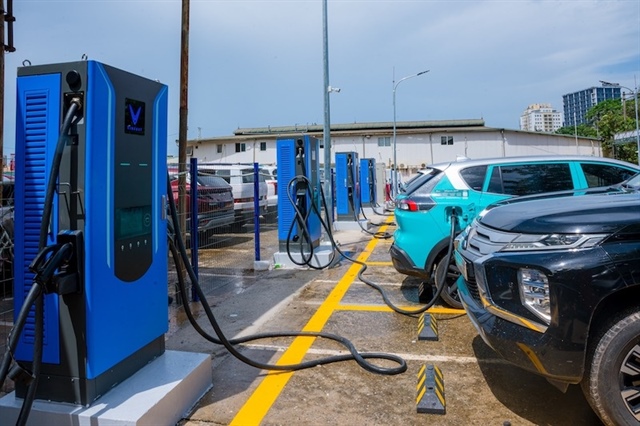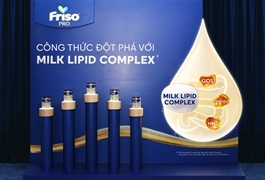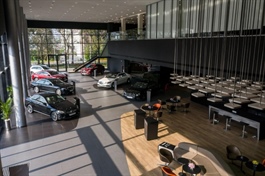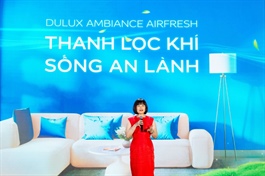Vietnamese consumers prefer battery electric vehicles over hybrid electric vehicles
Vietnamese consumers prefer battery electric vehicles over hybrid electric vehicles
Consumers in Vietnam have shown a strong preference for battery electric vehicles (BEVs), with 18 per cent planning to choose BEVs for their next purchase.
|
On October 22, Deloittereleased the 2025 Global Automotive Consumer Study: Southeast Asia Perspectives, surveying 6,029 respondents across six areas, including 1,000 Vietnamese people. This report presents key insights across four sections: electric vehicle (EV) adoption, future buying intentions, connectivity, and shared mobility.
Vietnamese consumers expressed interest in BEVs as their next car of choice. 74 per cent of survey responents in Vietnam said they intend to switch to another brand of vehicle the next time they are in the market.
In Vietnam, preference for internal combustion engine (ICE) vehicles remains steady from 49 per cent to 50 per cent over the past two years, while BEVs have increased to 18 per cent from 16 per cent last year. Consumers and transportation businesses (such as ride-hailing cars) increasingly favour EVs to optimise costs and move towards "greenifying" transportation.
At the same time, 11 per cent of consumers in Vietnam said they would prefer hybrid electric vehicles (HEVs) as their next car of choice, a slight increase from 9 per cent last year.
Some reasons consumers intend to acquire an EV include a desire to lower fuel costs (71 per cent), concern for the environment (62 per cent), and concern about personal health (62 per cent).
On the other hand, the report also highlights concerns about BEV adoption, chiefly driving range (46 per cent), followed by time required to charge (45 per cent), and a lack of knowledge or understanding about EVs/EV technology (43 per cent). When it comes to expectations for BEVs, 25 per cent of Vietnamese consumers expect a single charge to deliver a driving range of at least 400 km. In terms of the charging experience, consumers' top priority is a fast charging time (35 per cent), followed by accessibility to a charging station (16 per cent), and a location that is easy to find/access (13 per cent).
Overall, these findings reflect a nuanced view of the pros and cons of EVs, and Vietnam consumers' preference for flexible solutions that address practical usage requirements.
The survey suggests that brand loyalty is evolving among Vietnamese consumers. While 42 per cent reported that their previous and current vehicles are from the same brand, 74 per cent indicated that they intended to switch brands for their next purchase. These findings align with regional trends, with 70 per cent of consumers demonstrating a willingness to explore new alternatives.
More than a third of survey respondents in Vietnam said they are first time owners, signalling a need to build strong customer relationships to help ensure forward brand loyalty.
In Vietnam, the three most influential factors that consumers prioritise are product quality (67 per cent), features (52 per cent), and performance (51 per cent). These findings suggest that today's consumers base their purchasing decisions on tangible vehicle value propositions over brand name.
- 09:54 24/10/2025





























